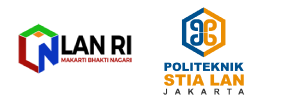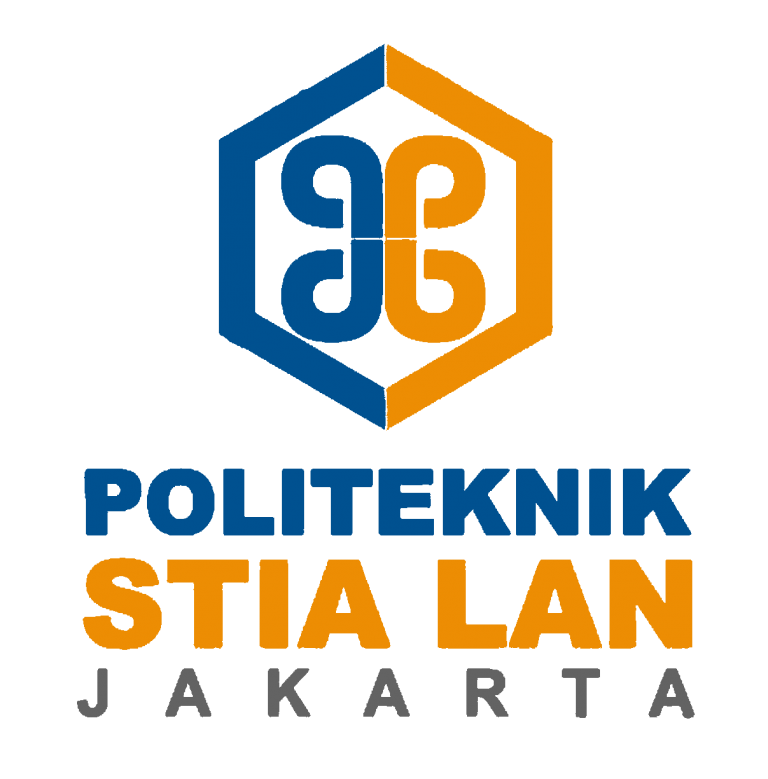The Applied Master Program – State Development Administration Study Program of the NIPA School of Administration performs an applied doctoral degree namely State Development Administration study program. It focuses on administrative and development science related closely to government policy and development studies. It conducts applied learning and research that contribute to the practices of development and administration, also the improvement of governance. It aims to accelerate the enhancement of both the quality of bureaucracy and the quality of community welfare.
VISSION
Becoming Program of Study of State Development Administration which Creates Excellent Graduates with Competence and Competitiveness
MISSIONS
- Conducting applied teaching and learning practices to create graduates who are able to apply the design and practice of state development administration to improve the competitiveness of the graduates at the national and international levels;
- Conducting and developing applied research in the field of state development administration that contributes to the public policy and state development process;
- Managing community service in the practice of the state development administration to increase capacity; empower and create added value;
- Developing scientific and applied studies by publishing scientific articles in the field of state development administration;
- Building a wide network at international levels to strengthen the state development administration study program.
STUDY CONCENTRATION
- Apparatus Resource Management
- State Financial Management
- Public Policy Management
- Regional Development Management
CURRICULUM
The Applied Master Program – State Development Administration Program of Study provides compulsory subjects with a total of 42 credits. The subjects are distributed in 4 (four) semester packages. The grouping of subjects was determined by each study concentration with 33 credits for general subjects and 6 credits for the thesis. There are 21 credits consisting of compulsory subjects/courses in each concentration with a total of 15 credits and optional subjects/courses with a total of 6 credits.
Core subjects/courses of the study program consist of:
- Public Administration Theories and Application (3 credits)
- Public Policy (3 credits)
- Innovation Capacity and Collaborative Governance (3 credits)
- Administration Research Methodology (3 credits)
- Final Paper/Thesis (9 credits)
Optional subjects/courses of the study program consist of:
- Ethics and Civil Servants Law (3 credits)
- Quantitative Method for Human Resources (3 credits)
- Asset Management (3 credits)
- Good and Service Procurement (3 credits)
- Legal Drafting (3 credits)
- Policy Advocacy (3 credits)
- Sustainable Development Goals (SDGs) (3 credits)
- Regional Economy (3 credits)
Concentration subjects/courses of the study program consist of:
- Concentration of Apparatus Resources Management
- Performance Management (3 credits)
- Talent and Career Development (3 credits)
- Staffing and Outsourcing Strategy (3 credits)
- Compensation Management (3 credits)
- Capita Selecta of Human Resource Management (3 credits)
- Concentration of State Financial Management
- State Financial Planning and Budgeting (3 credits)
- Implementation of Budgeting and Government Accounting (3 credits)
- Performance Measurement and Supervision of State Finance (3 credits)
- Information System of State Finance and State-Owned Property (3 credits)
- Capita Selecta of State Financial Management (3 credits)
- Konsentrasi Manajemen Kebijakan Publik
- Policy Formulation Methods (3 credits)
- Policy Implementation (3 credits)
- Policy Monitoring and Evaluation (3 credits)
- Documentation of Policy Recommendation (3 credits)
- Capita Selecta of Public Policy Management (3 credits)
- Konsentrasi Manajemen Pembangunan Daerah
- Autonomy and Regional Development (3 credits)
- Development Program Planning and Budgeting (3 credits)
- Development Program Monitoring and Evaluation (3 credits)
- Regional Development Accountability (3 credits)
- Capita Selecta of Regional Development Management (3 credits)
GRADUATES PROFILE
- Associate Policy Analyst/Consultant
Graduates are expected to have the following abilities:
- Conducting research and policy analysis in the fields of human resources, development policies, regional development, and state finance;
- Formulating policy recommendations;
- Communicating, coordinating, advocating, consulting, and negotiating policies;
- Publishing the results of policy studies
- Associate Researcher
Graduates are expected to have the following abilities:
- Conducting applied research in the field of human resources, development policies, regional development, and state finances;
- Leading research groups;
- Formulating policy recommendations;
- Publishing the results of applied research.
- Manager/Administrator
Graduates are expected to have the following abilities:
- Menyusun policy brief dan policy memo
- Leading the implementation of all public service activities as well as government administration and development;
- Cooperating with various parties, both internal and external organizations;
- Formulating policy advice to the leaders in the field of human and financial resources;
- Formulating policy briefs and policy memos
- Manager of Human Resource Management
Graduates are expected to have the following abilities:
- Developing and updating management practices and apparatus resource policy;
- Analyzing and formulating a strategy for problem-solving in the field of apparatus resource management;
- Developing professional performance related to apparatus resource management with the determination of changes in the macro and micro environment;
- Formulating policy briefs and policy memos
- Manager of State Finance
In this profile, graduates are expected to have the following abilities:
- Both understanding and applying the administrative theory and practices of state financial policy in the framework of state financial management;
- Implementing state financial policy management techniques;
- Understanding as early as possible the conditions that lead to the economy both nationally, regionally, and internationally.
LEARNING OUTCOMES
Character
- Interact and communicate effectively, both scientifically and practically;
- Upholding morality and piety towards God;
- Internalizing academic values, norms, and ethics;
- Performing role as citizens whose dignity and pride for the country, upholding nationalism and a sense of responsibility to the state and nation;
- Respecting the diversity of cultures, perspectives, religions, and beliefs, as well as the original opinions or findings of others;
- Contributing to improving the quality of life in society, nation, state, and the advancement of civilization on a value basis of Pancasila;
- Developing the ability to cooperate and have a social concern as well as empathy for community and environment;
- Obeying the law and discipline as citizens;
- Internalizing the spirit of independence, struggle, and entrepreneurship;
- Demonstrating an attitude of work responsibility in the field of expertise independently;
- Internalizing professionalism and integrity.
Cognitive Domain
- Mastering theories of administration and the practices (organization and management), innovation and public governance, also public policy;
- Mastering theories of human resource management, regional development management, public policy management, and state financial management;
- Mastering administration research methods.
General Skill Aspects
- Developing logical, critical, systematic, and creative thinking in science, technology, and/or art according to their field of expertise through scientific research, creation of designs or works of art, also drafting scientific studies conceptions based on rules, procedures, and scientific ethics in the form of a thesis;
- Creating and communicating ideas, thoughts, and scientific arguments based on the principles of responsibility and academic ethics through the media to society academics, and society at large.
- Making decisions to provide solutions, and support science development, technology, and/or art based on analytical or experimental studies on information and data.
- Documenting, storing, securing, and rediscovering research data to guarantee validity and avoids plagiarism.
- Increasing learning capacity independently;
- Managing, developing, and maintaining broader networks with colleagues, peers in institutions, and research communities.
- Identifying the scientific fields that potentially become the object of research and positioning it into a research map with an inter- or multi-disciplinary approach.
Specific Skill Aspects
- Ability to develop (reconstruct) models, strategies, or innovations in the areas of human resources, public policy, regional development, and state finance;
- Ability to formulate public policy alternatives based on the principles of good governance by using various methods, including scenarios planning or dynamic system;
- Ability to plan a short-term implementation public policy strategy (in the form of programs, activities, and action plans);
- Ability to evaluate an information technology-based public policy to determine the results (outcomes) and the impact of a policy;
- Ability to arrange a research plan and implement research activities independently or in groups in the field of public administration using quantitative methods, qualitative, or a combination;
- Ability to lead and manage an activity in the context of public policy implementation.



